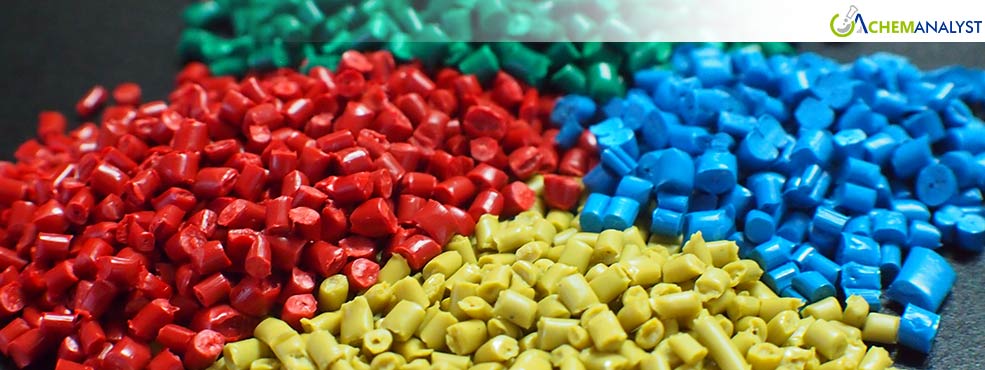Welcome To ChemAnalyst

The Acrylonitrile Butadiene Styrene (ABS) market saw a sharp decline at the end of March 2025, with prices decreasing in Europe and Asia. Weak demand, increased production costs, and supply pressures were the reasons behind the fall, indicating persistent market woes.
At the end of March 2025, Asian ABS prices had dropped lower due to stagnant demand. Downstream demand in the automotive and appliance segments remained weak on the market side, with the downstream sector reticent in placing new orders.
Raw material costs were also an important factor behind the downtrend in ABS. Butadiene, a key component of ABS, was quite firm after some weak trading at the beginning. Market sentiment overall remained soft, however, with scant buying interest.
Concurrently, another primary ABS raw material, styrene, witnessed price drops as a result of oversupply coupled with diminished demand. Increased imports of benzene in its pure state, coupled with dwindling local demand in Shandong, resulted in a bearish market expectation.
The ABS prices exhibited a lower price trend in Europe followed by a bearish market situation. The high production levels and rising inflow of imports from Asia in the region led to competitive offers in the market.
Moreover, the European ABS market was also impacted by the LYB and Covestro’s permanent shutdown of the Propylene Oxide/styrene Monomer (POSM) unit at the Maasvlakte plant in the Netherlands. Chronic overcapacity, rising imports from Asia, and high production levels in Europe have resulted in the shutdown. Thus, European ABS market participants faced significant challenges in sustaining profitability.
Despite this supply-side correction, regional demand from the downstream automotive and appliance segment remained dull during March 2025. The European manufacturing industry has experienced a sluggish revival with marginal betterment in the Purchasing Managers' Index (PMI) for March. Although growth has been observed, new orders are still weak, and industrial activity has still not recovered completely. The industrial production of the UK continued to decline, plunging further into negative territory, further dampening ABS demand.
As per Chemanalyst, the ABS market will continue to be under pressure as supply continues to outstrip demand. In Asia, the producers are struggling with elevated inventory. The downstream industry demand is expected to remain stable with few signs of revival leading ABS prices to consolidate at lower levels.
On the other hand, In Europe, structural issues such as high energy prices and Asian import competition will continue to keep prices in check. Although some supply adjustments are already in process, demand fundamentals are still weak, and a near-term price rebound is not expected.
We use cookies to deliver the best possible experience on our website. To learn more, visit our Privacy Policy. By continuing to use this site or by closing this box, you consent to our use of cookies. More info.
